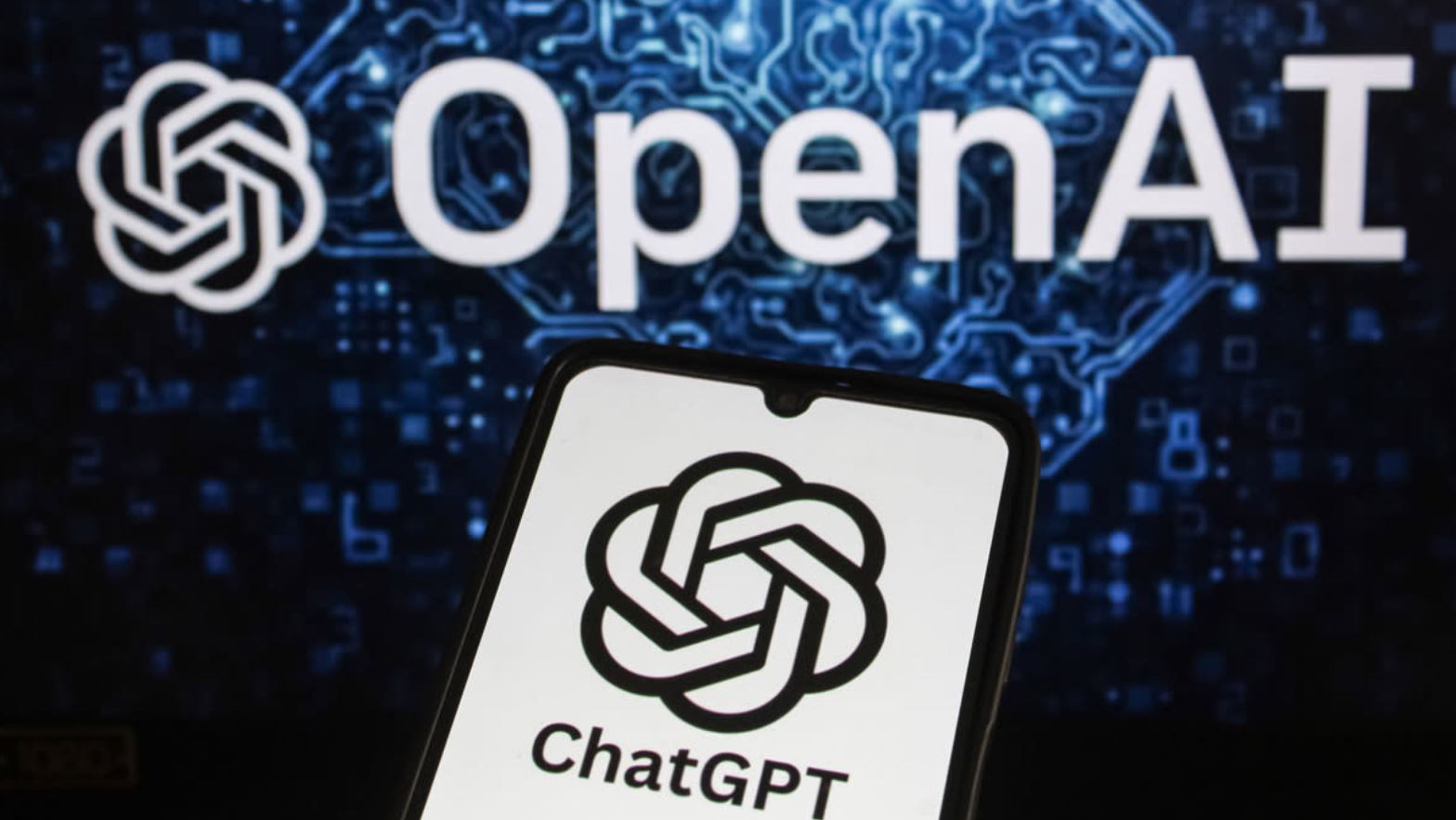 Following a court ruling tied to a copyright dispute with The New York Times, OpenAI must now keep all ChatGPT user data – including interactions believed to be deleted and API data. The New York Times insists that retaining this information is vital for the ongoing litigation, potentially serving as key evidence.
Following a court ruling tied to a copyright dispute with The New York Times, OpenAI must now keep all ChatGPT user data – including interactions believed to be deleted and API data. The New York Times insists that retaining this information is vital for the ongoing litigation, potentially serving as key evidence.
OpenAI argues that the order is excessive and clashes with standard data protection practices. COO Brad Lightcap has described the ruling as an “overreach,” and it’s easy to see why users might feel uneasy about their data being retained for longer than expected. Normally, ChatGPT deletes user content after 30 days, but now the requirement covers users of the Free, Plus, Pro, and Team tiers, as well as API clients without zero data retention agreements. Exceptions include ChatGPT Enterprise, ChatGPT Edu users, and API customers who already have zero data retention enabled.
Rest assured, the stored data is held securely under a legal hold, accessible only to a small, trusted team within OpenAI’s legal and security departments. The company has made it clear that there is no automatic sharing of this information with the plaintiffs. While OpenAI has sought a magistrate’s review and has appealed the decision in district court, they are complying with the order until a final ruling is issued.
Importantly, these new requirements do not affect the data used for training their models. Business customer data remains excluded from model training, and individual users continue to have control over whether their information is used to enhance the models.








